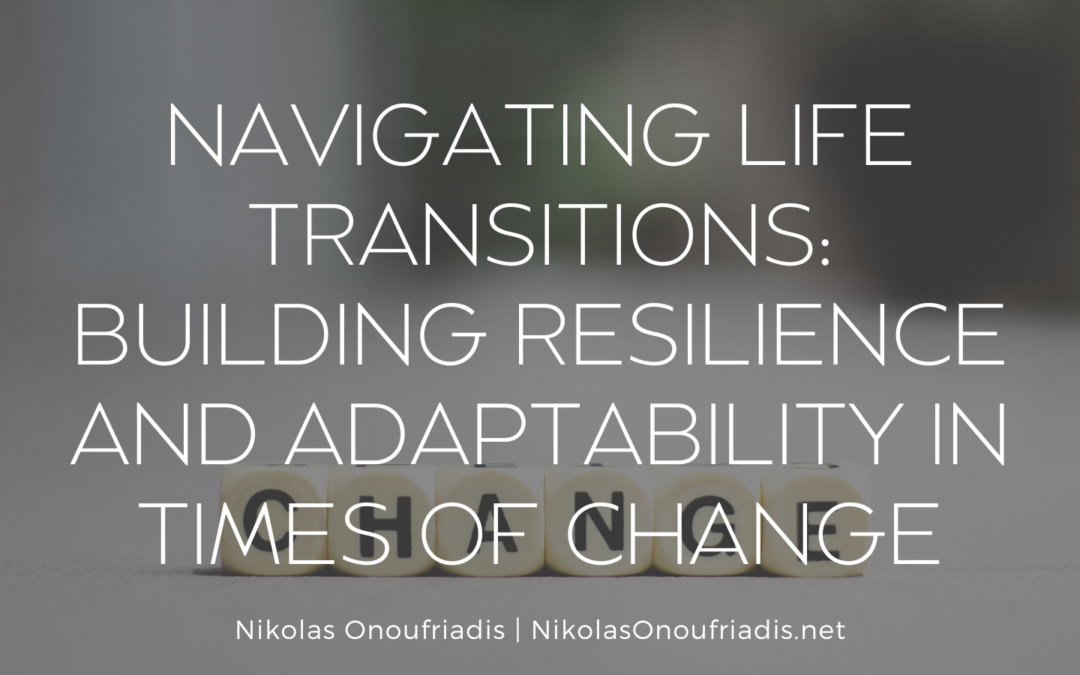Life is a journey marked by inevitable transitions—career changes, relocations, relationships, or personal growth. Navigating these transitions can be challenging, but cultivating resilience and adaptability is critical to surviving and thriving in times of change.
- Embrace a Growth Mindset: A growth mindset is the foundation of resilience. Instead of viewing challenges as insurmountable obstacles, individuals with a growth mindset see them as opportunities for learning and growth. Embracing the belief that abilities and intelligence can be developed over time empowers individuals to adapt to new situations with a positive and proactive mindset.
- Cultivate Emotional Intelligence: Life transitions often evoke a range of emotions—uncertainty, fear, excitement, or sadness. Cultivating emotional intelligence involves recognizing and understanding these emotions in oneself and others. By developing the ability to navigate and manage emotions effectively, individuals can make informed decisions, build stronger relationships, and adapt more readily to the changing landscape of life.
- Establish a Support System: A robust support system is invaluable during transition times. This can include friends, family, mentors, or even support groups. Sharing experiences, seeking advice, and receiving encouragement from others can provide emotional support and practical insights, making the journey through transitions more manageable.
- Set Realistic Goals and Prioritize: Setting realistic goals and establishing priorities is essential when facing life transitions. Break down larger objectives into smaller, more achievable tasks, creating a roadmap for progress. This approach helps manage the transition step by step and provides a sense of accomplishment, reinforcing resilience.
- Practice Self-Care: Amidst life transitions, caring for one’s physical and mental well-being is paramount. Regular exercise, proper nutrition, adequate sleep, and mindfulness contribute to emotional and physical resilience. By prioritizing self-care, individuals equip themselves to face challenges with a clear mind and a healthy body.
- Foster Flexibility and Adaptability: Life transitions seldom unfold as planned, requiring flexibility and adaptability. Embrace change with an open mind, acknowledging that unforeseen circumstances may arise. A flexible approach allows for quicker adjustments and a more agile response to the unexpected twists and turns that often accompany significant life changes.
- Learn from Past Experiences: Reflecting on past transitions can be valuable insight. Recognize the coping strategies that worked well and those that could be improved. By learning from past experiences, individuals can apply lessons learned to navigate current transitions more effectively.
- Seek Professional Guidance: In certain situations, seeking the guidance of professionals, such as therapists, career counselors, or life coaches, can provide valuable perspectives and tools to navigate transitions successfully. These experts offer tailored advice and strategies to address specific challenges, aiding in developing resilience and adaptability.

